-
- Explore
- Admissions
- Academics
- Life at Ascot
- Parents
- Ascot AFA
- Home WooCommerce not Found
- Newsletter
Inclusive Learning Practices
Ascot International School, in common with all other schools, faces significant challenges in preparing young people to meet the demands of the adult world. The key to success in meeting these challenges is the development of the skills and achievements of all pupils, including the more vulnerable in our society, so they may contribute effectively to the social and economic regeneration of the area and take their place as valuable and valued global citizens. The school uses a multi agency strategy for inclusion of pupils as set out below.
English as an Additional Language (EAL)
Early Years
English learners in Early Years have an excellent opportunity to develop English as they are still in the ‘critical period’ when they can acquire language very quickly. Consequently, English as an Additional Language (EAL) strategies in Early Years are less interventionist than with older students.
The teachers in Early Years incorporate EAL strategies into their everyday teaching. The use of singing, playing, games, and competitions, all involve repetition and the use of language patterns. The Early Years classrooms have been laid out as ‘communication-friendly spaces’. The homely environment created enhances language reception and production by lowering the students’ ‘affective filter’.
The Early Years staff are always supportive of students that may struggle in a particular area of acquiring English, usually such areas as sounds (phonics), overcoming shyness, and finding coping strategies to connect the language they already know to the new language they are learning, English.
Primary Years
Students joining Ascot International School in the Primary School phase may need language support to ensure a successful transition into our school. To provide this support, our EAL department utilises both in-class (inclusion) and out-of-class support (extraction). Our inclusion support allows students to stay in their class while being provided support during lessons by one of our EAL teachers. This ensures that students are able to participate in class with their classmates while being given the individual guidance they need to be successful. Students are only extracted from class when there are specific areas that they need to develop. These students are usually supported with developing key phonetic and/or reading skills.
Secondary Years
At Key Stage 3, all pupils follow the same curriculum which is differentiated by their teachers according to the needs of the individual. EAL students are withdrawn from Mandarin for extra English lessons and, where possible, are supported in their English lessons by another teacher. The EAL students follow Cambridge Programmes which are divided into four strands: Reading, Writing, Listening and Speaking. At the end of Key Stage 3, the EAL pupils take an external Cambridge English examination and are awarded a formal certificate.
At Key Stage 4, the English department reviews each individual student to decide whether they should take the English First Language or English Second Language pathway for IGCSE. Both pathways give students the opportunity to progress to the International Baccalaureate Diploma Programme at Key Stage 5.
Learning Diversity
(Gifted and Talented)
Ascot International School believes that all students no matter what their learning difference should have an equal opportunity to participate in lessons and activities that meet their unique needs, ensuring that they fulfil their individual potential, provided that the nature and/or severity of their difficulties can be accommodated within the school.
Ascot International School aims to bring together students who may have a learning difference whether a need and/or gift that requires encouragement, guidance or nurturing.
In our effort to implement this culture into the school, we aim to…
– Ensure the needs of students are met and where needed challenged to ensure they make good progress in school
– Teachers provide differentiated learning opportunities for all and provide materials appropriate to their interests and abilities. This ensures that all students have full access to the school curriculum
– Differentiation happens in content, process, product and environment
– Individual progress is the main indicator of success
– Values all individuals and celebrates their achievement
– A range of learning opportunities is provided to all
– Will do its best to anticipate the needs of all students and its members of staff with disabilities before he/she begin school
– Will make reasonable adjustments to ensure that students are not disadvantaged
– Increase access and engagement in learning for all students by identifying and removing barriers
– An inclusive environment is effective, friendly, welcoming, healthy and sensitive
Accredited by
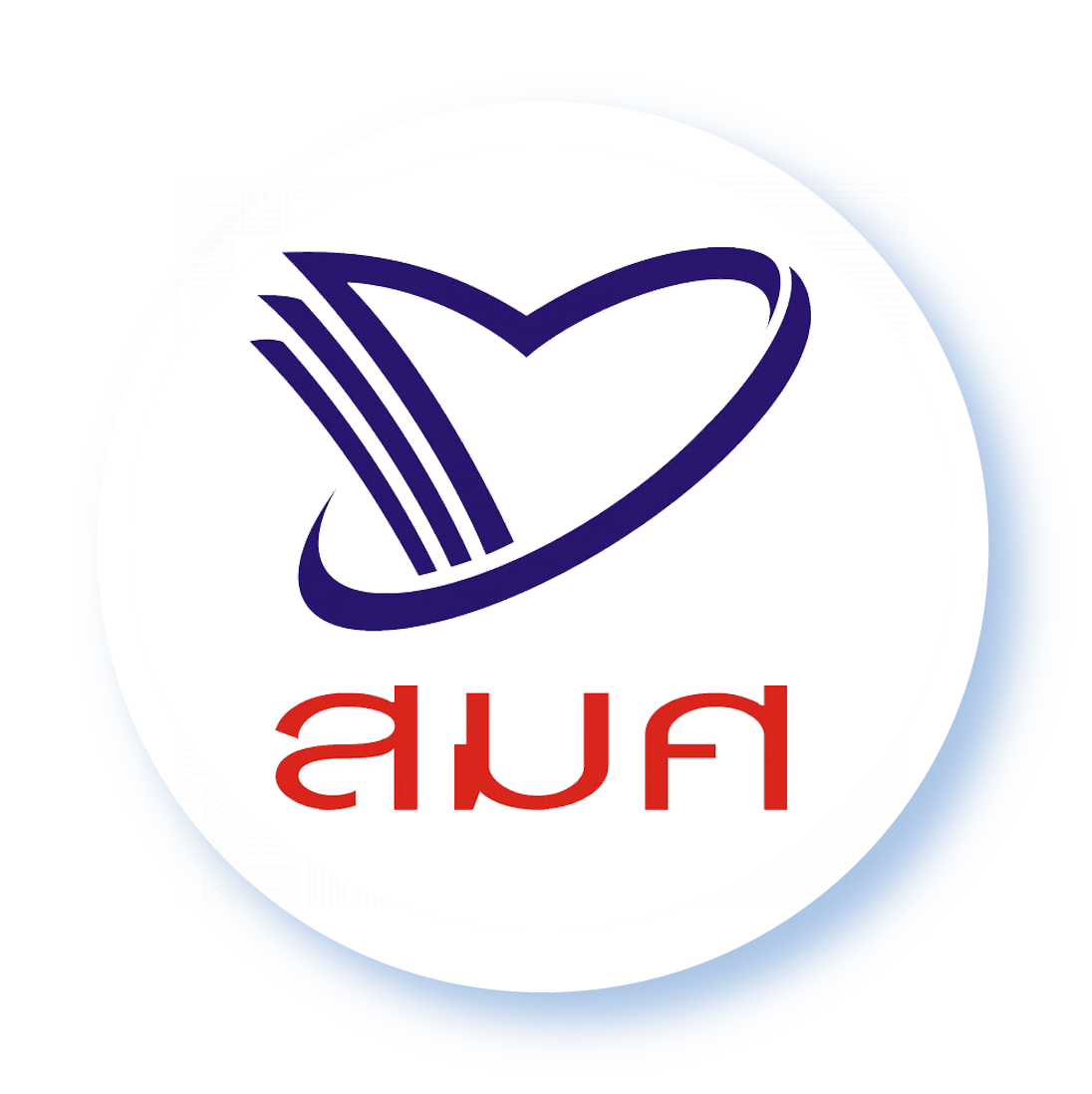
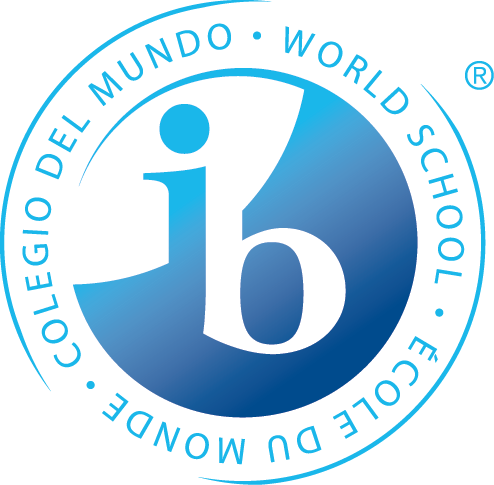
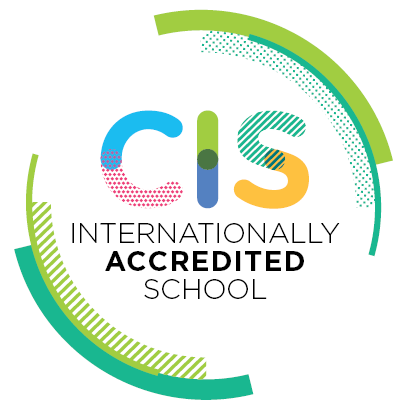
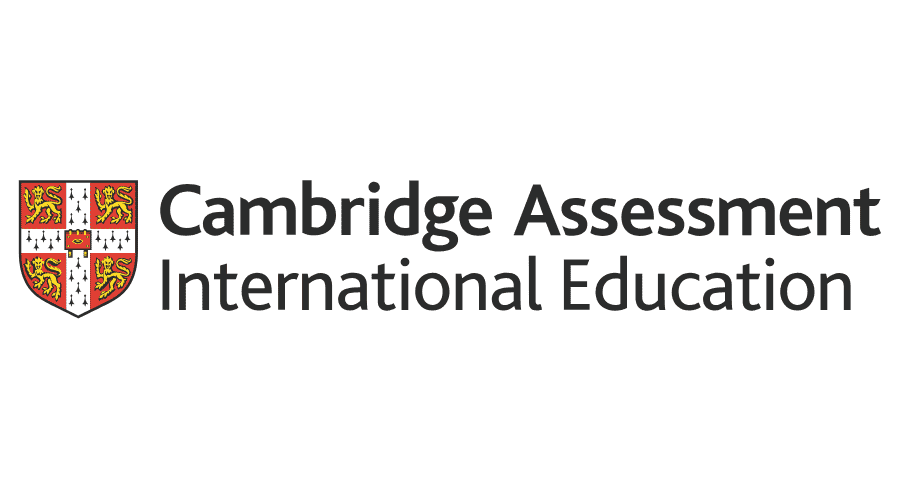
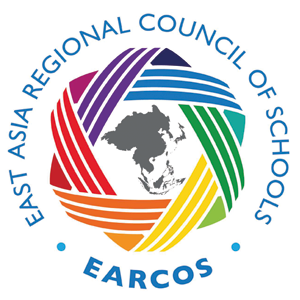
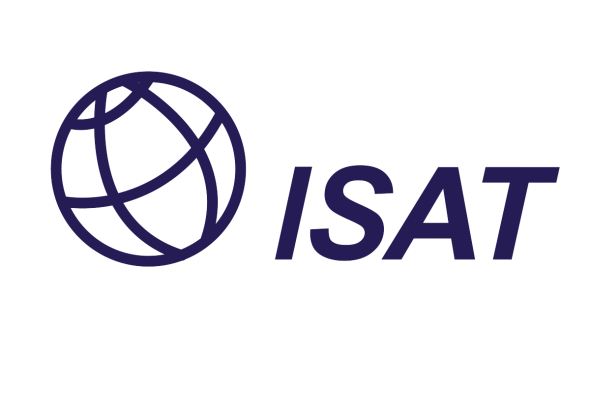
INFORMATION
CO-CURRICULAR

At Ascot International School, safeguarding the safety and wellbeing of every child is our unwavering commitment.
An IB World School, accredited by CIS.
